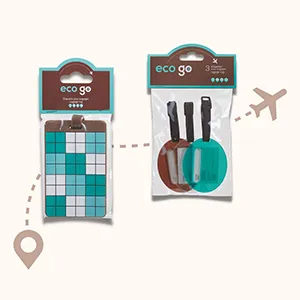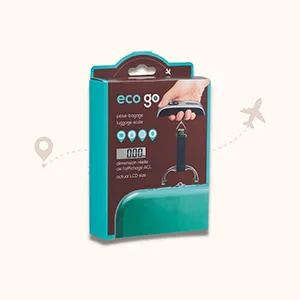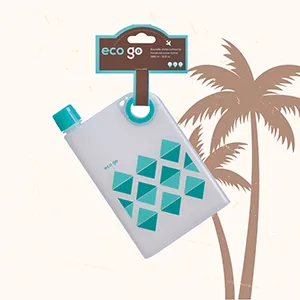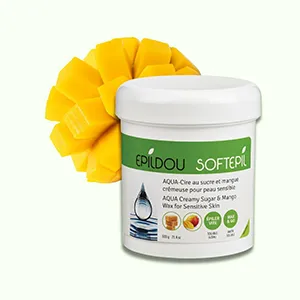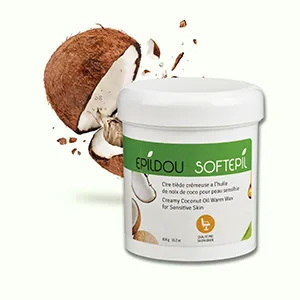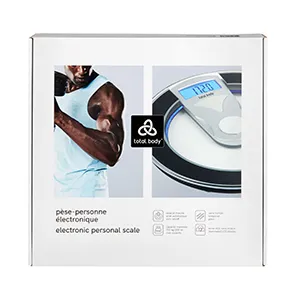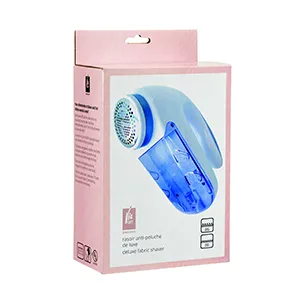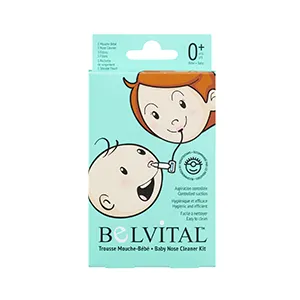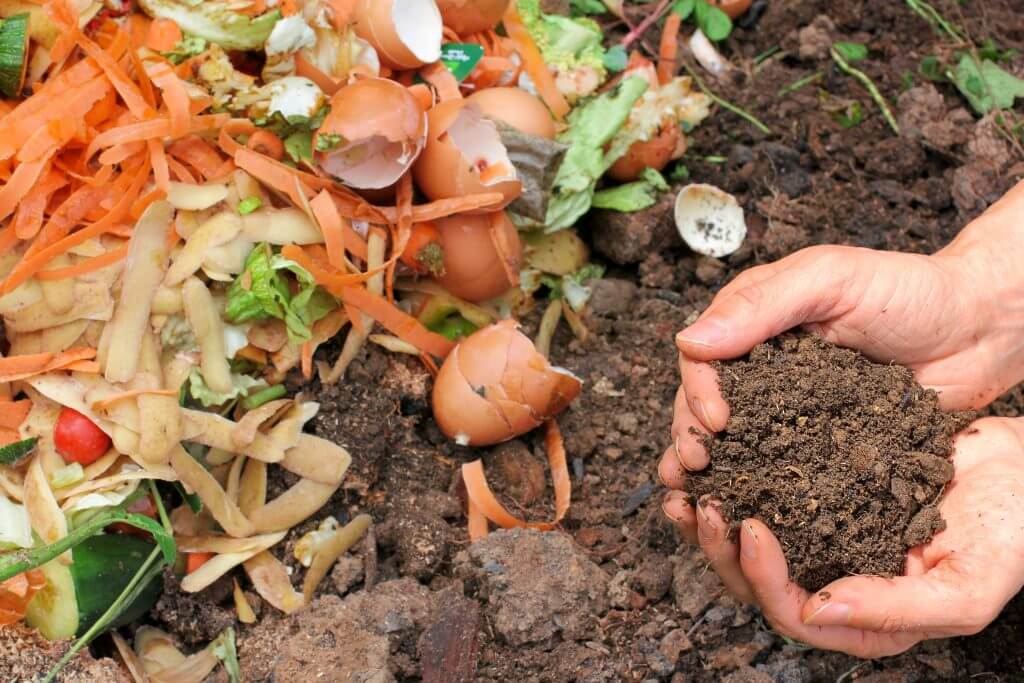April 8, 2020 Celebrating Earth Day With A Comprehensive Guide To Composting
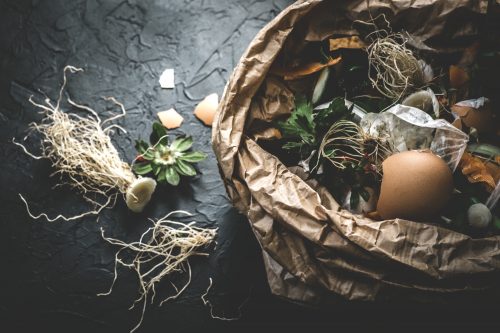
Each year on April 22nd, people from all over the world come together to celebrate Earth Day. Now on its 50th iteration, Earth Day is a global movement to protect our earth and create a more sustainable planet for all. Through ‘acts of green’ both big and small, individuals and communities can participate in initiatives and projects to do their part in changing the world. When we all work together, even little changes can make a BIG difference!
Here at Magic Bag, our contribution to a greener planet starts with the grains inside our signature hot and cold compresses. We ensure all of the grains used inside our compresses are natural and organic, free from pesticides and chemicals. When you buy from Magic Bag, you are supporting local, Canadian farmers with each purchase.
What some people may not know about our Magic Bag compresses is that they are 100% compostable! Once you’ve reached your 100 uses, the grains no longer retain the heat as they once did and it is time to replace your beloved Magic Bag. To dispose of the grains responsibly, you can simply cut open your compress and compost the grains.
If you’d like to embrace composting as your act of green for Earth Day this year, our team has put together this handy-dandy guide to help you get started.
Best Practices to Compost at Home
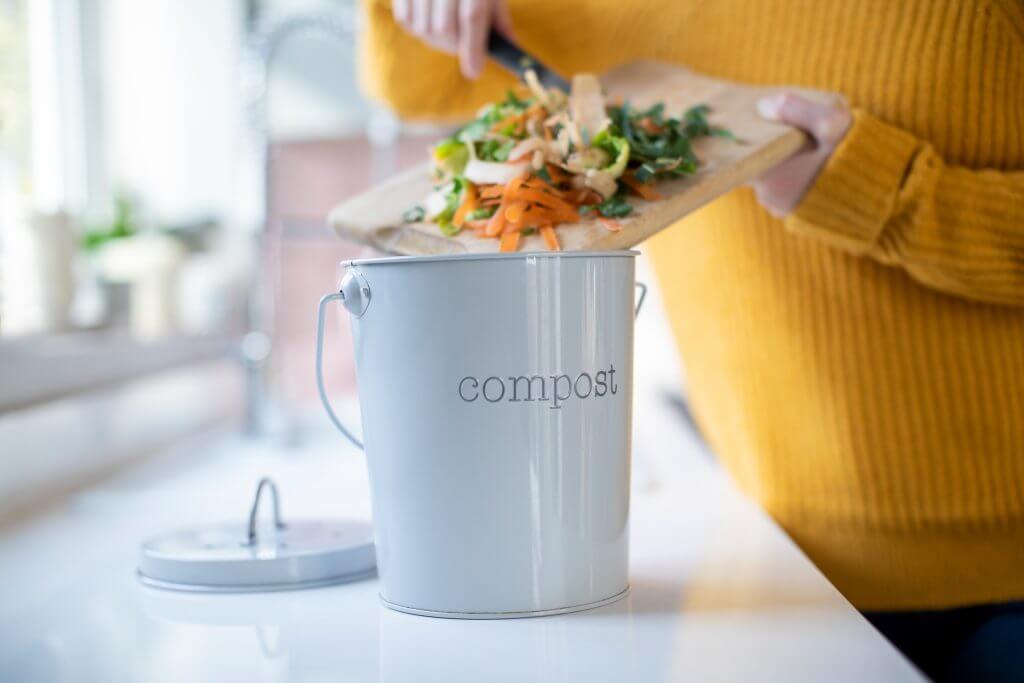
Every city, region or neighbourhood has different rules and regulations surrounding composting. Many municipalities have city-wide programs in an effort to get their citizens to begin composting. You can easily check online to see if your city or region has such a program, and request a bin online. This is the most convenient option for many, as your compost simply gets picked up with your regular trash and recycling!
If your region has no such program, composting may require a little extra effort on your part, but fear not! Even if there are no city-wide programs, you can still do a quick online search and see if there are any local composting initiatives going on in your area. You might be able to drop off your compost at a community garden or drop-off point.
You may have the outdoor space to compost on your own, and if that’s the case you could consider backyard composting. You’ll need a large, backyard composting container to keep outside, and a smaller bin to keep inside for kitchen scraps. Keep in mind that while many city-wide programs allow for meat and dairy products to be composted, you’ll want to keep these out of your backyard composter to avoid attracting pests and insects!
Sometimes people can be wary about composting, as they’re worried their compost will smell in their kitchen before it goes out on garbage day. A great way to remedy this is to store your compost in the freezer! You can then put it out right before garbage day, so there’s no need to worry about bad smells or potentially attracting insects or animals.
It’s also beneficial to review what can and can’t be composted. Some items may surprise you! For example, paper towels and napkins, stale bread or crackers, and even greasy pizza boxes can all be composted.
Benefits of Composting
The act of composting helps our Earth in more ways than you think!
Reduces what goes into landfill
Typically, about 50% of what is set out at the curb is food waste that is actually compostable. Landfill and incinerators pollute the surrounding area’s water, soil and air. When you choose to compost, you are reducing waste, reducing your carbon footprint, and improving the health of those around you!
Improves the soil
A healthy earth requires healthy soil. These days, our soil is often depleted and lacking nutrients. By tapping into the power of composting, you are fertilizing our soil, helping it increase resilience to floods and droughts while reducing the need for chemical fertilizers. If you do backyard composting, you’ll be keeping your plants and garden happy and healthy!
Reduces greenhouse gas emissions
When your food scraps end up in landfill they are left to rot without oxygen, and end up producing methane, a toxic gas said to be 84x more powerful than carbon dioxide in the short-term. But when you instead choose to compost your food waste and apply it to the land, this process actually helps keep carbon isolated in the ground, helping to offset greenhouse gas emissions.
Composting Do’s and Don’ts
Do’s
- For backyard composting, do alternate between layers of ‘greens’ (fruit and vegetable waste, grass clippings, coffee grounds and plants) and ‘browns’ (dried leaves and yard clippings, paper, dryer lint, etc.)
- For municipality composting, do check online to see which items should or shouldn’t be composted
- For backyard composting, do make sure to keep the food scraps closer to the bottom to prevent animals from trying to get in
- If you encounter pests, do consider using a repellent – biodegradable vinegar or detergent, or other scents such as peppermint oil, cayenne pepper, chili pepper or hot sauce help deter pests.
Don’ts
- For backyard composting, don’t put meat, fish, dairy products, oils or sauces to your bin
- Don’t add kitty litter or pet feces to your bin
- Don’t put clothing or textiles in your compost, instead consider donating them
- Don’t add diseased plant material or weeds
We hope this guide has been helpful and we encourage you to think outside the box as you begin composting. Just as our Magic Bag compresses can be easily composted, you may want to consider if there are household products you own that can be composted after you’ve enjoyed them. With so many more eco-friendly products being made each day, more of your favourite products may be compostable than you think!
We hope that no matter how you’re choosing to participate in Earth Day this year, you’re taking a stand and doing your part to create a healthier planet for all. Whether it’s starting to compost, turning off your lights for Earth Hour, or taking steps to make your office and co-workers more green, the little actions we take together can lead to big collective change.






